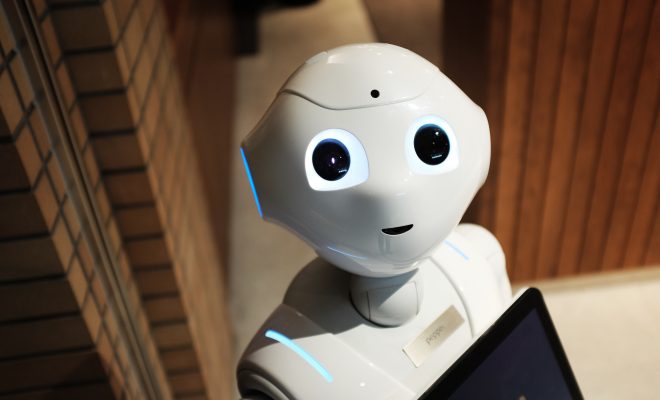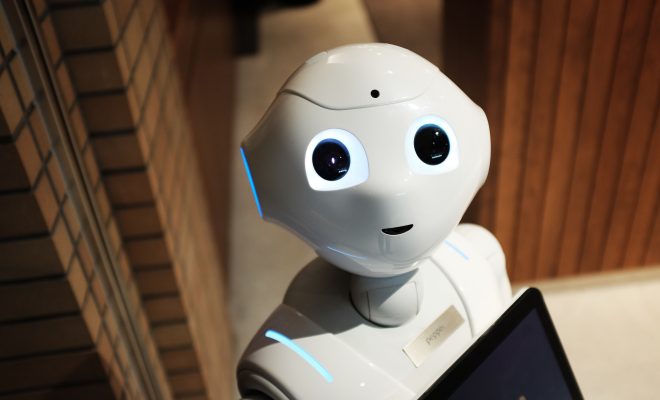5 Great TED Talks on the Potential of Artificial Intelligence

People who want to be inspired watch TED Talks, largely because of the stories they tell. These stories spark imagination and motivate audiences to think in new ways.
TED Talks redefine knowledge and point to potential. These five great TED Talks on the potential of artificial intelligence may be some of the most inspiring talks yet:
- Zeynep Tufekci (June 2016) – Machine intelligence makes human morals more important
Tufekci explains how we are routinely using computers to make subjective decisions like hiring new employees, releasing criminals from prison, and even identifying handwriting. Machine learning has made it possible for computers to make decisions about things we might not have disclosed – for example, about future likelihood of depression or pregnancy. These biases, which can be present in any collection of digital data, can have life-changing outcomes.
- Joy Buolamwini (November 2016) – How I’m fighting bias in algorithms
Who codes, how we code, and why we code matters. Buolamwini has found bias in facial recognition. What is known as algorithmic bias is what she calls the Coded Gaze. Because algorithms spread bias, and they must be audited for accuracy to give everyone a fair chance. Buolamwini argues that code must include the full spectrum of faces.
- Maruice Conti (April 2016) – The incredible inventions of intuitive AI
Conti insists that the way we work will change drastically in the next twenty years. He speaks of an Augmented Era that has already begun to take root. Computer tools are already becoming less passive and more generative, which means that we will soon be collaborating with computers rather than directing them. Ultimately, AI will develop the kind of intuition we have.
- Sam Harris (June 2016) – Can we build AI without losing control over it?
Harris insists that AI will change our lives; it will likely destroy our lives. He warns that because humans think AI is fascinating – and fun – we are less likely to perceive it as a danger. The human race is building machines that may outthink us, and when they discover that AI machines may disregard us.
- Norikyo Arai (TED 2017) – Can a robot pass a university entrance exam?
The Todai Robot Project was expected to pass the University of Tokyo’s entrance exam. The robot wrote a 600 word essay, and it needed to score 85% or better on factoid questions. AI cannot read or comprehend, but it can search and provide statistically correct answers. The Todai Robot Project implies that what and how we teach and test our students requires our immediate action.
TED Talks are known for being ideas worth spreading. These ideas could be some of the best to spread regarding artificial intelligence’s potential in our classrooms.



